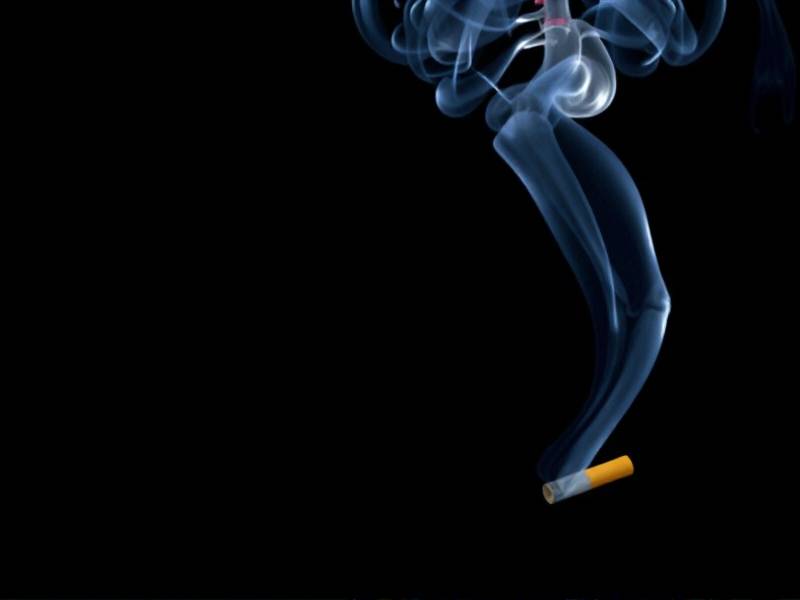Will I Have More Energy If I Quit Smoking Weed?
Introduction: The Energy Debate Around Weed
When it comes to smoking weed, one of the most common questions people have is whether they'll experience a boost in energy once they quit. This article delves into the topic, offering insights based on current research and personal experiences.
Understanding the Impact of Weed on Energy Levels
Weed's Temporary Energy Boost
It's no secret that weed can provide a temporary energy boost for many users. The psychoactive compound THC in cannabis can create a sense of euphoria and increase heart rate, which might make you feel more energetic. However, this is a short-term effect.
Long-Term Effects on Energy
While weed may give you a temporary energy surge, long-term use can have the opposite effect. Regular cannabis consumption has been linked to fatigue and reduced energy levels due to its impact on sleep patterns and overall health.

Quitting Weed: What to Expect
Initial Drop in Energy
When you quit smoking weed, it's common to experience a drop in energy levels. This is because your body is adjusting to the absence of THC and other cannabinoids that can alter your mood and energy levels.

Gradual Increase in Energy
As your body adjusts to being without cannabis, you may notice an increase in energy over time. This is because quitting weed can lead to better sleep patterns and improved overall health.
Benefits of Quitting Weed for Your Energy Levels
Improved Sleep Quality
One of the primary reasons people report feeling more energetic after quitting weed is better sleep quality. Regular cannabis use can disrupt sleep patterns, leading to fatigue during the day. By quitting, you're likely to get more restful sleep, which naturally boosts your energy levels.
Enhanced Physical Health
Quitting weed also has numerous physical health benefits that can contribute to increased energy levels. These include improved cardiovascular health, better respiratory function, and reduced inflammation.
Tips for Managing Withdrawal Symptoms
Gradual Tapering
If you're looking to quit smoking weed without experiencing severe withdrawal symptoms, consider gradually reducing your intake over time rather than going cold turkey.
Stay Hydrated and Eat Well
Staying hydrated and eating a balanced diet can help manage withdrawal symptoms like fatigue and irritability.
Exercise Regularly
Regular exercise can help boost your mood and energy levels during withdrawal from weed.
Conclusion: The Journey Towards Increased Energy
While quitting smoking weed may initially lead to a drop in energy levels due to withdrawal symptoms, the long-term benefits are significant. Improved sleep quality and enhanced physical health are just two of the ways quitting weed can lead to increased energy levels over time. Remember that everyone's experience with quitting weed will be unique, so be patient with yourself as you embark on this journey towards better health and well-being.
